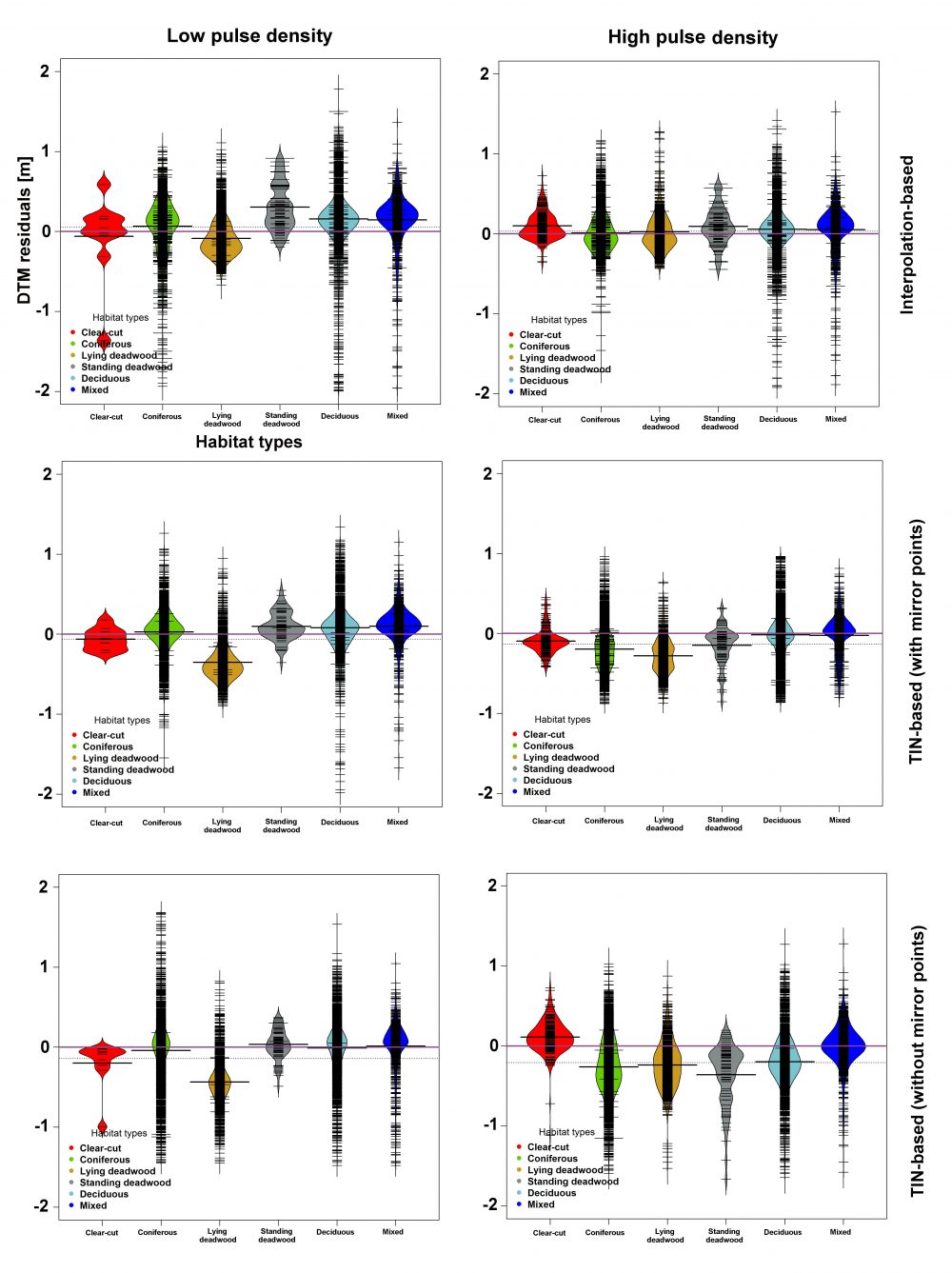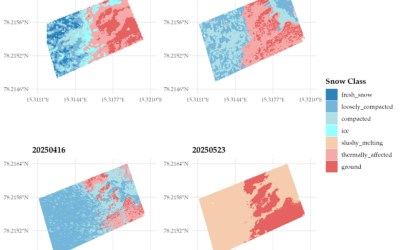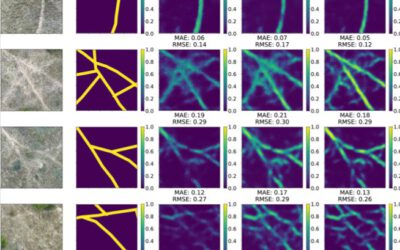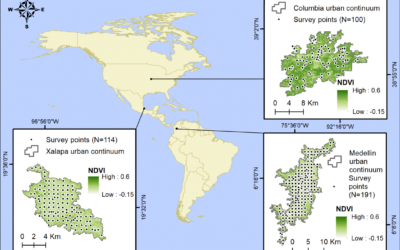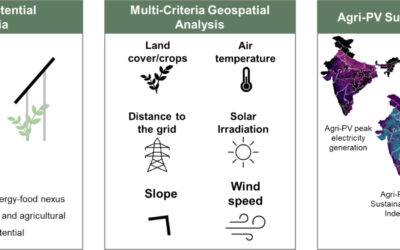A recently published paper featuring Hooman Latifi from Dept. of Remote Sensing presents a method comparison combined with a statistical analysis on the Impact of terrain topograpghy and habitat types on LiDAR-derived Digital Terrain Models in temperate Forest sites. The study addresses essential questions raised by how data and site-driven factors such as spatial resolution, topography and variation in forest habitat types might affect the DTM accuracy. These factors can also play a more pronounced role added by processing steps like ground filtering and interpolation of ground points.
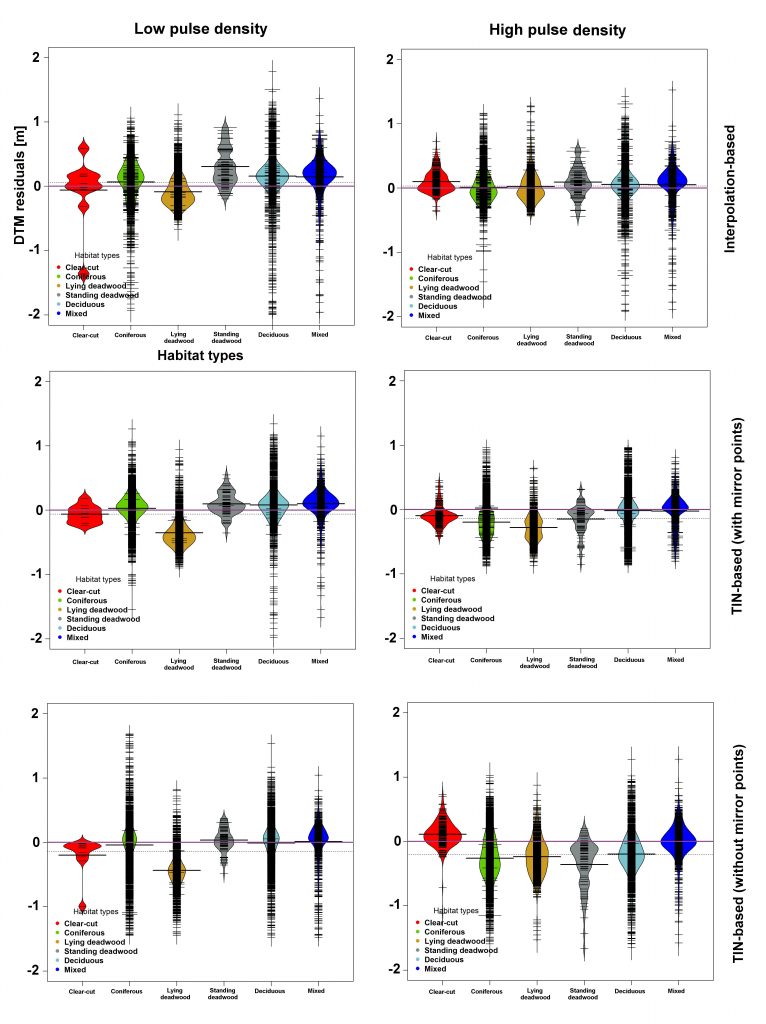
Impact of forest habitat types on residuals of DTMs extracted by interpolation- based (top row), adapted TIN based with mirror points (middle row), and adapted TIN based without mirror points (bottom row)
The results of a factorial analysis as ewll as a thorough validation of the quality of various DTM products within the Bavarian Forest National Park showed that topographic and forest habitat-type factors significantly contribute to the DTM accuracy, with pronounced efefcts observed mainly on south, southwest, and west slopes. Furthermore, an adaptive TIN ground-filtering algorithm with mirror points and followed by an interpolation-based algorithm contribute to comparatively lower errors on forest sites.
The full text can be retrieved here.
Aryal, R.R., Latifi, H., Heurich, M., Hahn, M. 2017. Impact of Slope, Aspect, and Habitat-Type on LiDAR-Derived Digital Terrain Models in a Near Natural, Heterogeneous Temperate Forest. PFG. DOI 10.1007/s41064-017-0023-2

